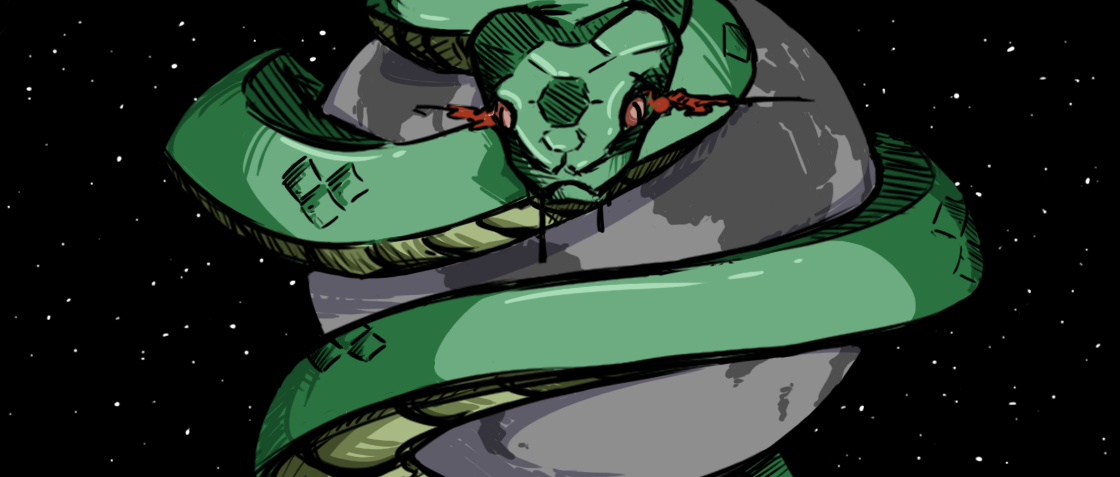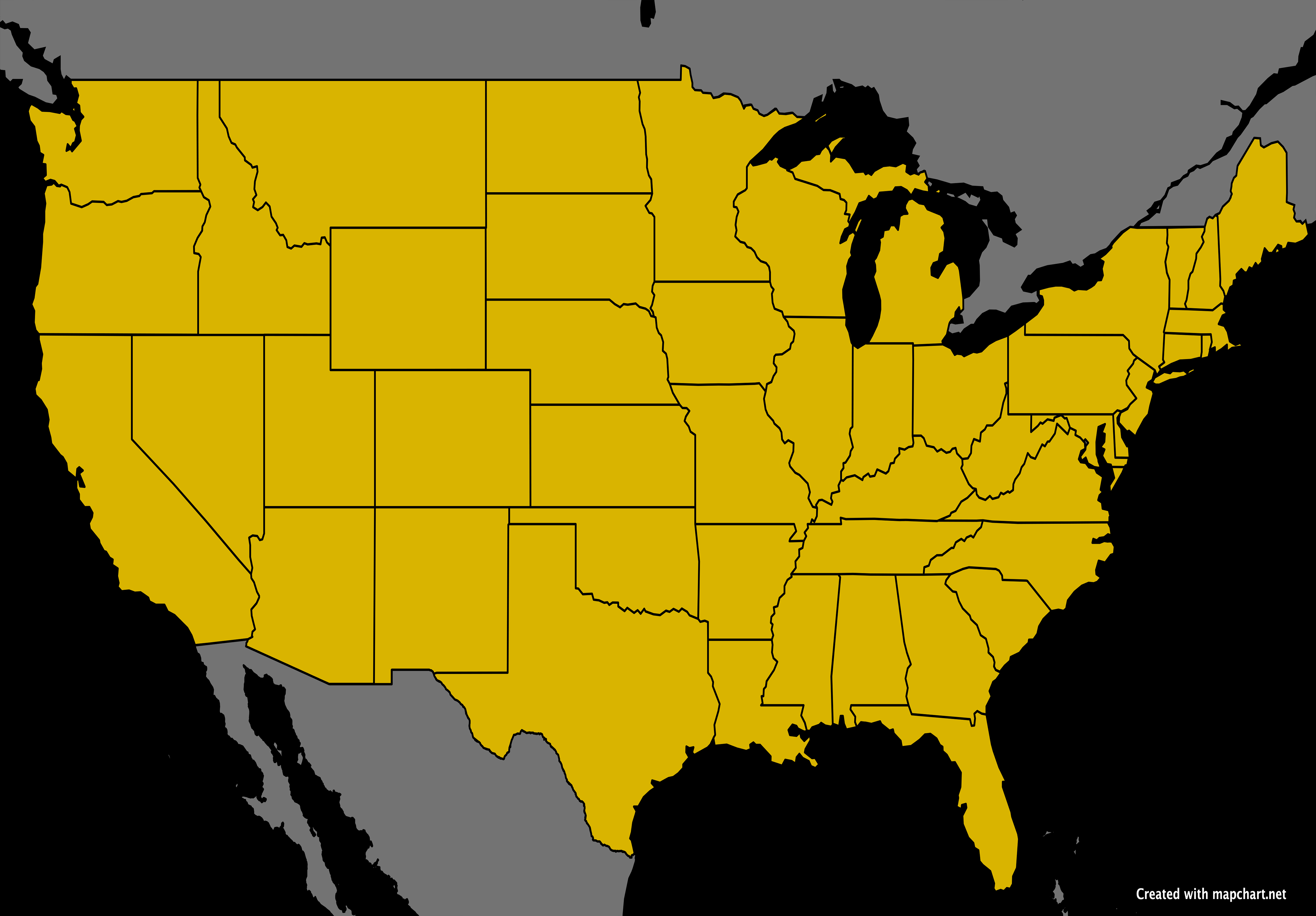


COINTELPRO, or the Counter Intelligence Program, was a clandestine project that ran from 1956 by
the Federal Bureau of Investigation and its director at the time, J. Edgar Hoover.
The project was conceived for the purpose of preventing a civil war by neutralising groups deemed
subversive to the interests of the United States of America. These groups included communists,
feminists, environmentalists, anti-war movements, civil rights activists, white supremacists, and
black-power organisations. This was
a similar yet separate program to the Central Intelligence Agency's
Operation CHAOS
.
Agents of COINTELPRO would use illegal tactics, such as surveillance, infiltration, psychological
warfare, violence and assassination to undermine domestic threats. They would go as far as
discrediting opponents by committing perjury, forging documents, intimidating witnesses and
falsifying or withholding evidence.
The Citizens' Commission to Investigate the FBI broke into an FBI field office and stole over 1,000
classified documents, exposing COINTELPRO's illegal activites, leading to the project's
dissolvement in 1971.
In 1956, FBI Director J. Edgar Hoover launched COINTELPRO. Their primary target was the Communist
Party USA. The program strived to disrupt membership and create internal distrust within the party
through misinformation campaigns, anonymous letters, and infiltration of the group.
In 1957, the program expanded its scope, targeting more leftist movements, while building out their
repertoire of illegal methods, including illegal break-ins to plant evidence.
In 1960, COINTELPRO began scrutinising civil rights movements, believing them to be a threat to
national security, leading Dr. Martin Luther King Jr. and the Southern Christian Leadership
Conference to be placed under surveillance. At around the same time, Malcolm X, a prominent figure
in the Nation of Islam, was also being heavily targeted as a person of interest.
In 1961, the purvue of COINTELPRO swelled to include Puerto Rican independence groups. The project
assigned agents to infiltrate the group and fracture them from within by spreading rumours and
inciting in-fighting.
In 1964, the Ku Kluk Klan are added to the growing list of potential threats in COINTELPRO's
crosshairs. While the program was arresting white supremacists, it was simultaneously wiretapping
King's phones. Malcolm X parted ways with the NOI following conflicts with its leader, Elijah
Muhammad.
On February 21, 1965, Malcolm X was assassinated. Though direct involvement with COINTELPRO has
never been proven, nine informants were present at the Audubon Ballroom at the time of the killing,
and the NYPD's removal of Malcolm's security leading up to the event cast suspicions of complicity.
Efforts to discredit King intensified, with the FBI sending anonymous tapes and letters to his
wife, and a "suicide letter" to him, suggesting he kill himself to avoid scandal.
In 1967, COINTELPRO placed a focus on "Black Nationalist-Hate Groups" such as the Black Panther
Party, whom they deemed the "greatest threat to national security". The program began to
systematically dismantle these groups by inciting violence between the different groups, which led
to violent clashes.
On April 4, 1968, King was assassinated, with the FBI allegedly involved. The program ensured that
the riots that followed were blamed on radical groups. Anti-war movements became targets for the
program, with student protests being infiltrated and discredited.
On December 4, 1969, false information regarding weapons stockpiling provided to the police lead to
the raid and death of Fred Hampton, the deputy chairman of the national Black Panther Party.
COINTELPRO capitalised by forging letters that sparked rivalries between black power movements.
In 1970, COINTELPRO turned its attention towards other activist groups, such as the American
Indian Movement and Puerto Rican nationalists with the intent of isolating key members in order to
prevent coalitions.
On March 8, 1971, activist group, the Citizens' Commission to Investigate the FBI broke into the
FBI's field office and stole over 1,000 classified documents. The leaked documents exposed
COINTELPRO's illegal conduct, and on April 28, Hoover officially dissolves the program
under the weight of public pressure.
On May 2, 1972, Hoover died, and was replaced as acting director of the FBI by Clyde
Tolson until May 3, when he was replaced by L. Patrick Gray at the appointment of President Richard
Nixon.
On April 27, 1973, Gray resigns as acting director amid Watergate-related controversies. He was
replaced by William Ruckelshaus until Clarence M. Kelley was confirmed on July, 9.
Until 1974, the FBI faced internal investigations while numerous lawsuits took place. It was
revealed that despite COINTELPRO having been discontinued, operations resumed in an unofficial
capacity.
In 1975, The Church Committee opened an investigation into abuses conducted by the FBI. The details
of the operation came to light at the numerous hearings that followed, and COINTELPRO as a whole
received widespread condemnation.
In 1976, the Church Committee finished its investigation and released its final report, condemning
COINTELPRO and placing restrictions on the FBI's ability for domestic surveillance.
During its time, COINTELPRO conducted a number of operations, each focusing on different groups or movements it deemed a possible threat.
Beginning in 1956, the Communist Party USA was COINTELPRO's initial target, making their work to
subvert the far-left group their longest running operation.
The operation focused on disinformation and infiltration. By sending anonymous letters and planting
forged documents, it would sow discord and mistrust among members who would accuse one another of
being FBI informants. Additionally, the group suffered financial hardships when the FBI would
target members through IRS audits.
This new counterintelligence effort will take advantage of our experience with a variety of sophisticated techniques successfully applied against the Communist Party, USA, and related organizations since 1956.
"COINTELPRO: White Hate Groups"
Freedom of Information and Privacy Acts,
1978
COINTELPRO's operations against the groups such as the Young Lords and the Puerto Rican Nationalist
Party began in 1960, seeing their goal of Puerto Rican independence as a viable threat.
Agents would seek to discredit the groups using false media stories in an attempt to promote
infighting and paint them as corrupt. The leaders of the groups, such as Pedro Albizu Campos, would
be put under surveillance and discredited to make him seem weak.
The purpose of this memorandum is to obtain approval for utilization of a technique under this program which could cause some disruption among those who seek Puerto Rico's independence by violence.
"COINTELPRO: Puerto Rican Groups"
Freedom of Information and Privacy Acts,
1978
In 1961, COINTELPRO turned their attention towards the Socialist Workers Party. Like previous
operations, the group would be put under heavy surveillance using wiretaps, and the use of
informants and forged documents would help splinter the party from within.
The FBI would send anonymous letters to the employers of individual party members, causing them to
lose their jobs, and a false story issued in 1964 led to the expulsion of a number of key members
from the party.
It is believed that if it became known to merchants who were contacted to contribute to the bazaar that the NY School of Social Science was actually a cover for the SWP they would not be apt to contribute. It is therefore suggested that as a disruption tactic to be used against the SWP an anonymous letter be sent to the Better business Bureau of NYC, setting forth the fact that the NY School of Social Science is not a bona fide organization.
"COINTELPRO: Socialist Workers Party"
Freedom of Information and Privacy Acts,
1978
By 1964, White Hate Groups such as the Ku Klux Klan and American Nazi Party fell under the pervue
of COINTELPRO.
The operation would seek to get many of the groups' members arrested through the use of anonymous
tips to the media and cooperation with local law enforcement. As part of their campaign, the FBI
launched "Operation Hoodwink", which sought to create a rift between the KKK and organised crime by
exposing illegal klan activities and spreading false information about alliances.
It is our recommendation that we immediately initiate a hard-hitting, closely supervised, coordinated counterintelligence program to expose, disrupt and otherwise neutralize the Ku Klux Klan (KKK) and specified other hate groups.
"COINTELPRO: White Hate Groups"
Freedom of Information and Privacy Acts,
1978
The emergence of influential figures such as Martin Luther King Jr. and Malcolm X ensured that
Black Power groups would rise to the top of COINTELPRO's hitlist. The Black Panther Party, the
Southern Christian Leadership Conference, and the Nation of Islam were all targeted, with the FBI
attempting to prevent the rise of a "messiah" figure.
Infiltration of the Black Panthers led to the death of Fred Hampton in 1969 when they sent an
anonymous tip to Chicago police about a stockpiling of weapons. The efforts of COINTELPRO saw
Malcolm X's differences with the Nation of Islam grow, and while there is no solid evidence, it is
thought that FBI involvement in the assassination's of both Malcolm X and MLK could have been
possible.
Many individuals currently active in black nationalist organizations have backgrounds of immorality, subversive activity, and criminal records. Through your investigation of key agitators, you should endeavor to establish their unsavory backgrounds. Be alert to determine evidence of misappropriation of funds or other types of personal misconduct on the part of militant nationalist leaders so any practical or warranted counterintelligence may be instituted.
"COINTELPRO: Black Extremist"
Freedom of Information and Privacy Acts,
1978
With the Vietnamese War raging on, the late 1960s saw a wave of anti-war movements. Simultaneously,
feminist organisations and student groups were all on the rise, with the FBI targeting all of these
groups as the "New Left".
A primary tactic of the FBI against the New Left would be the infiltration of protests and marches,
as well as the usual methods of forging documents and spreading disinformation. The bureau would
work closely with school administrations to clamp down on protests.
Consideration might also be given to urging administrations through appropriate sources to adopt more stringent rules regarding campus demonstrations which might result in the expulsion of the dissident leader.
"COINTELPRO: New Left Los Angeles"
Freedom of Information and Privacy Acts,
1978
